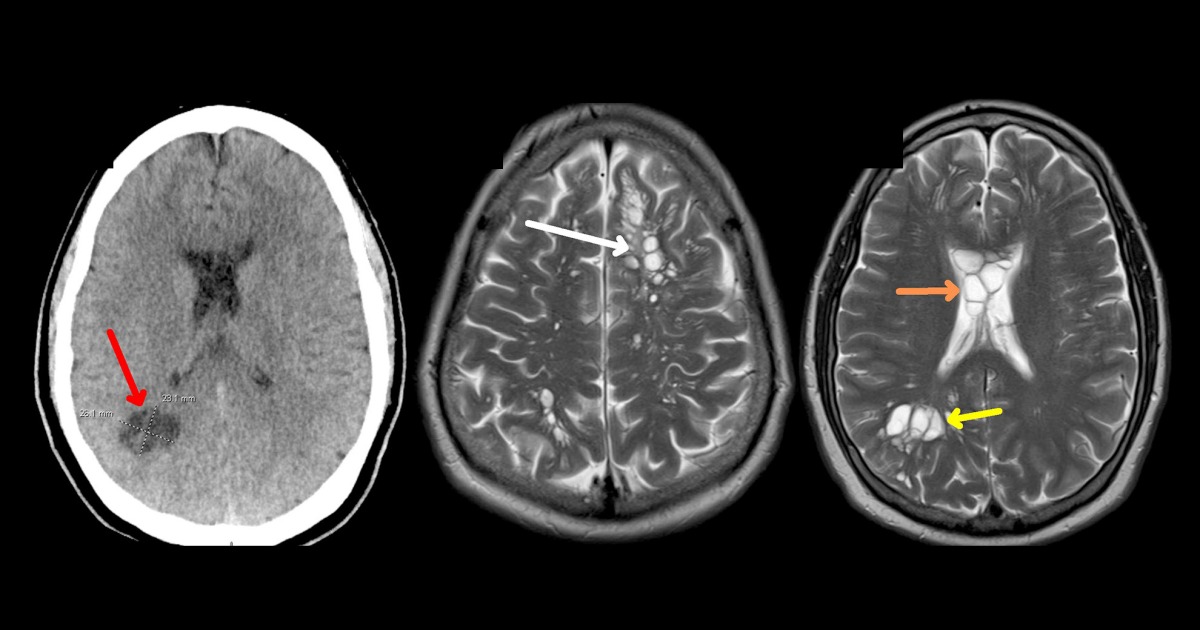By Marlene LenthangNBC
News
Officials have ordered the closure of an Iowa beach after an out-of-state swimmer was reported infected with a life-threatening brain-eating amoeba.
The Lake of Three Fires beach in Taylor County was temporarily closed for swimming Friday as a "precautionary response" after a visitor from Missouri was reported to have contracted the rare brain infection caused by the amoeba
Naegleria fowleri
, it announced. the Iowa Department of Public Health in a press release.
The patient had primary amoebic meningoencephalitis, or PAM, and was being treated in the intensive care unit, Missouri health officials said Thursday.
Boy dies after contracting brain-eating amoeba in Texas water source
Sept.
28, 202100:31
"Not contagious, but can be life-threatening," the Missouri Department of Health and Senior Services said in a tweet.
Testing to confirm the presence of
Naegleria fowleri
in Lake of Three Fires is being conducted in conjunction with the Iowa Department of Public Health and the Centers for Disease Control and Prevention.
The process could take several days.
[A Rare Brain-Eating Amoeba Kills a 7-Year-Old in California]
"Public health experts believe the lake is a likely source, but we are not limiting the investigation to that source because it has not been confirmed. Additional public water sources in Missouri are being tested," the Missouri Department of Public Health said. .
Naegleria fowleri
is a "free-living, microscopic amoeba," found in warm freshwater bodies, such as lakes and rivers, or in inadequately chlorinated swimming pools or heated and contaminated tap water, according to the CDC.
It typically infects people when contaminated water enters the body through the nose and travels to the brain, "where it destroys brain tissue," the Iowa Department of Health statement said.
Symptoms of the 'brain-eating' amoeba that claimed the life of a Texas boy
Sept.
29, 202004:19
PAM is "generally fatal," and according to the CDC, only five surviving cases have been recorded in North America.
It cannot be spread from person to person and cannot be contracted by swallowing water, the CDC said.
PAM is "extremely rare" and only 154 known cases have been identified in the United States since 1962, Iowa health officials said.
An area of Texas remains under alert for brain-eating amoeba in drinking water
Sept.
28, 202000:25
"No additional suspected cases of PAM are currently being investigated in Missouri or Iowa," the statement said.
In September 2020, a 6-year-old boy died after being hospitalized with the brain-eating amoeba in Lake Jackson, Texas.
It was believed that he became infected after playing in a water park in the city.
In August 2021, a 7-year-old boy died after contracting PAM after swimming in a Northern California lake.
The following month, a child in Arlington, Texas, died after becoming infected with the amoeba in a park fountain.
[A boy dies from a brain-eating amoeba found in the water of a Texas fountain park]
PAM symptoms begin one to nine days after swimming or nasal exposure to contaminated water.
Officials are warning swimmers to contact their doctor if they experience a severe headache, fever, nausea, vomiting, or stiff neck after swimming in a warm body of water.
Officials encourage beachgoers to reduce the risk of infection by holding their nose or wearing nose clips when swimming, keeping their heads out of the water during water-related activities, and avoiding entering the water during periods of high temperature.









